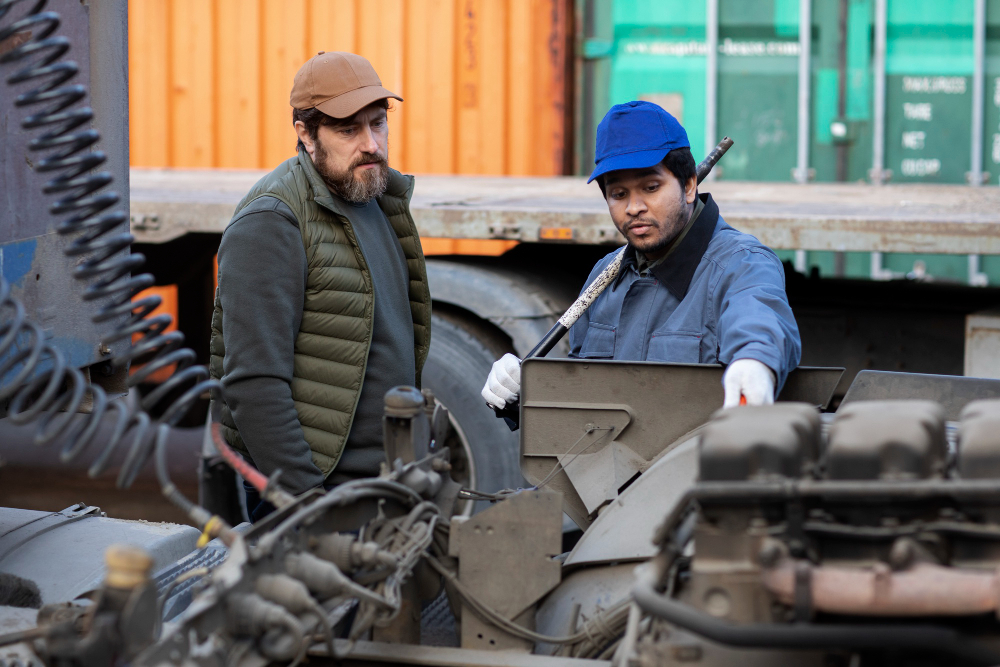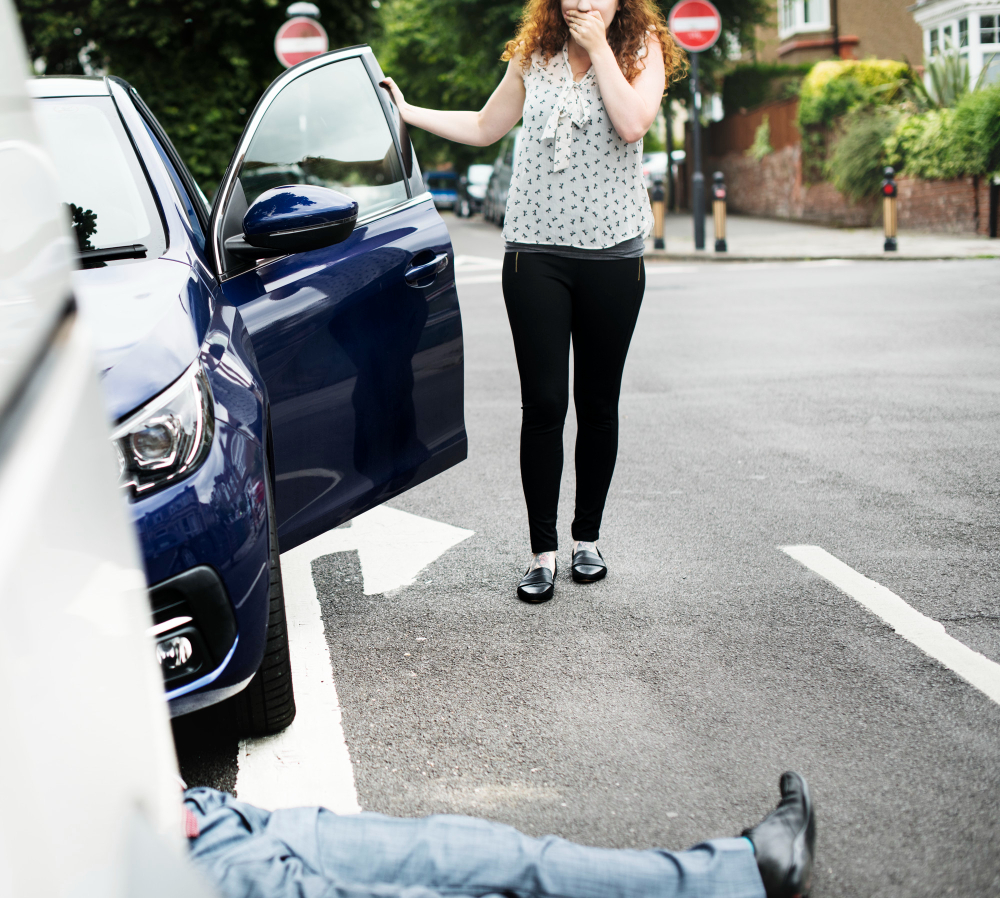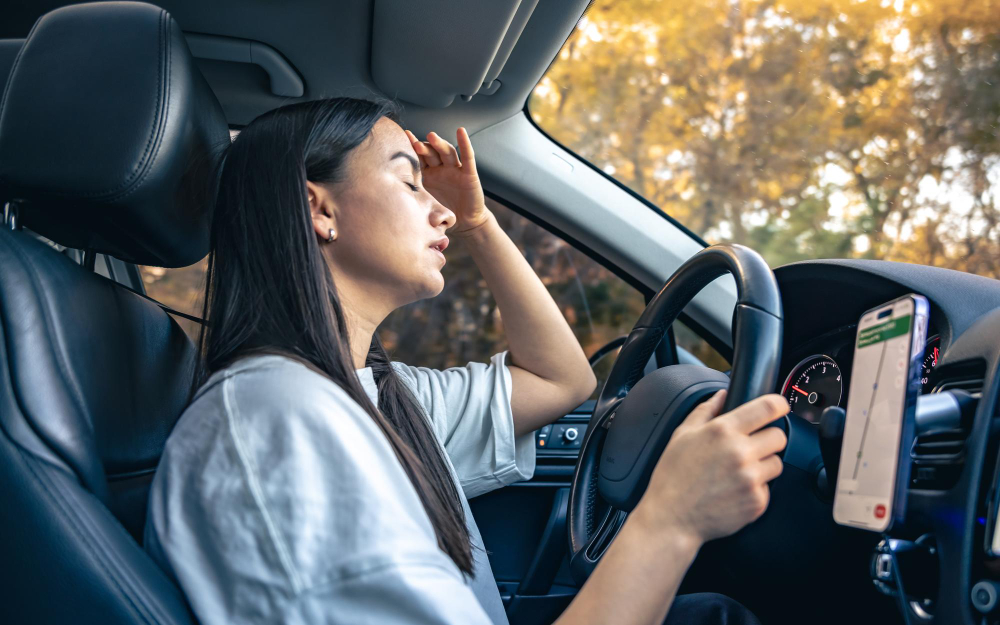Las Vegas is notorious for its scorching summer temperatures, which often exceed 115°F during the peak months of the year. This extreme heat creates a perfect storm of dangerous driving conditions that significantly increase the risk of car accidents throughout the valley. When temperatures soar, vehicles face unprecedented stress, roads become hazardous, and drivers experience impaired judgment and reaction times.
The combination of mechanical failures, compromised road surfaces, and heat-related driver impairment creates a dangerous environment where accidents become far more likely. Understanding these heat-related risks is crucial for both preventing accidents and knowing your legal options when the inevitable occurs on Nevada’s sweltering roadways.
At Ace Lakhani Law Firm, we handle a wide range of cases, including those involving car accidents caused by extreme heat conditions. Our experienced team understands the unique challenges Las Vegas drivers face during summer months and how excessive temperatures contribute to vehicular accidents. We’ve seen firsthand how heat-related factors complicate accident cases, from tire blowouts to brake failures to driver heat exhaustion. Our expertise in handling these specialized cases ensures that victims receive proper representation when extreme weather conditions play a role in their accidents.
How Extreme Heat Affects Vehicle Performance
Tires are particularly vulnerable, as hot asphalt can cause rapid tire degradation and catastrophic blowouts. When road surface temperatures exceed150°F, the tire pressure increases dramatically, weakening rubber compounds and increasing the likelihood of sudden failures at highway speeds.
Battery performance also deteriorates significantly in extreme heat, causing unexpected vehicle shutdowns and leaving drivers stranded in dangerous locations. Overheated engines become common as cooling systems struggle to maintain optimal temperatures, leading to mechanical breakdowns that can cause accidents when vehicles suddenly lose power or steering capability.
Brake systems face enormous stress in extreme heat, with brake fluid potentially boiling and brake pads losing effectiveness. This creates longer stopping distances and potential brake failure, which is particularly dangerous in stop-and-go traffic or during emergencies.
Heat’s Impact On Road Conditions
Las Vegas roadways themselves become hazardous during extreme heat events because:
- Asphalt can melt and buckle, creating uneven surfaces that cause vehicles to lose control.
- Road markings become less visible as paint softens and wears away more quickly, making lane changes and navigation more dangerous.
- Heat mirages create optical illusions that distort depth perception, making it difficult to judge distances accurately. These visual distortions can cause drivers to misjudge the speed and position of other vehicles, leading to rear-end collisions and side-impact accidents.
- Pavement expansion joints may separate or shift, creating sudden bumps and gaps that can damage vehicles or cause drivers to lose control.
- Construction zones become particularly treacherous as fresh asphalt remains soft and unstable for extended periods.
Driver Impairment From Heat Exposure
Human performance deteriorates significantly in extreme heat, affecting crucial driving abilities and:
Heat exhaustion and dehydration cause decreased concentration, slower reaction times, and impaired decision-making capabilities. Drivers may experience dizziness, fatigue, and confusion, all of which significantly increase the risk of accidents.
Air conditioning systems working overtime can create additional distractions as drivers frequently adjust controls, taking their attention away from the road. When air conditioning fails, drivers may open windows, allowing hot air to circulate and exacerbating heat-related impairment.
Studies show that aggressive driving behaviors increase during heat waves, as elevated temperatures contribute to increased irritability and a higher incidence of road rage incidents. This psychological impact leads to more reckless driving, speeding, and confrontational behavior between drivers.
How To Prevent Heat-Related Accidents
Vehicle maintenance becomes critical during extreme heat periods. Regular tire pressure checks, coolant level monitoring, and brake system inspections can prevent many heat-related failures. Drivers should avoid unnecessary travel during peak heat hours and ensure their vehicles are properly serviced before summer arrives.
Staying hydrated and taking breaks during long drives helps maintain alertness and reaction times. Drivers should recognize the signs of heat exhaustion and pull over safely when experiencing symptoms like dizziness or excessive fatigue.
Getting Skilled Legal Help After an Accident
If you’ve been involved in an accident during extreme heat conditions, determining liability becomes complex. Heat-related factors may not be immediately apparent, requiring a thorough investigation to establish whether extreme temperatures contributed to the crash. Insurance companies often downplay environmental factors, making skilled legal representation essential for protecting your rights.
Our team at Ace Lakhani Law Firm understands how to investigate heat-related accident factors and build compelling cases that demonstrate how extreme temperatures contributed to your injuries. We work with accident reconstruction experts who understand the unique challenges posed by Las Vegas heat and can testify about how these conditions affected your accident. Don’t let insurance companies dismiss your claim because heat was a contributing factor. We’re here to help you navigate the legal complexities of extreme heat accidents and ensure you receive fair compensation for your injuries, medical expenses, and other damages.
Contact us at 702.814.4000 for a consultation about your heat-related accident case.







